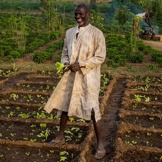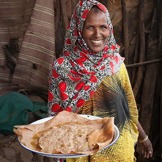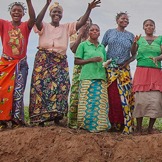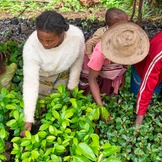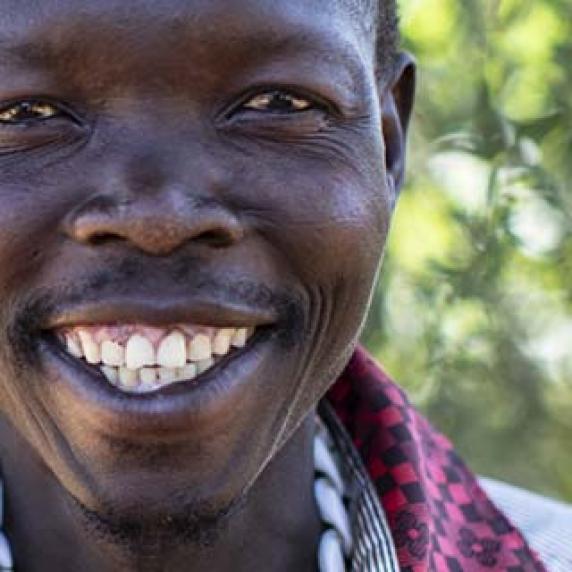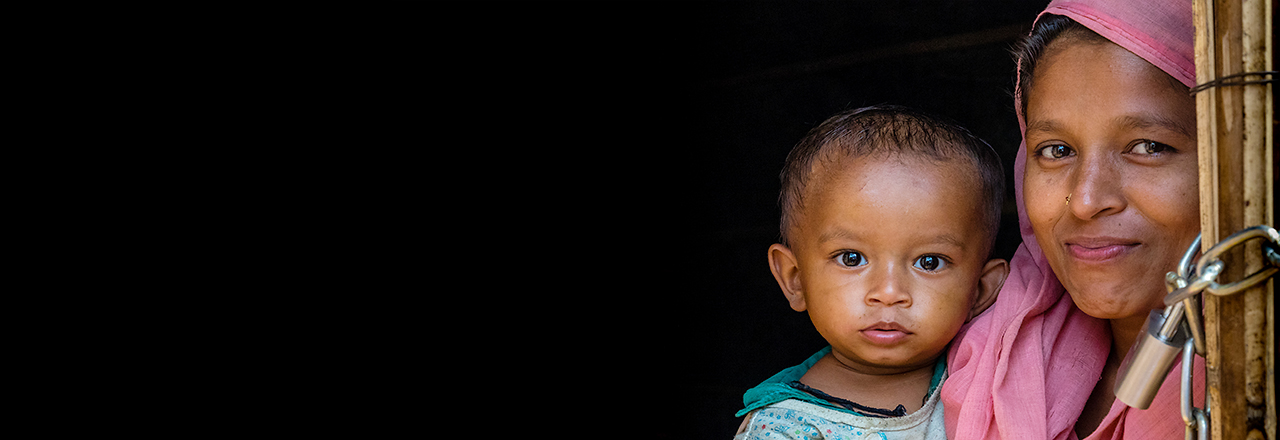

Emergency/Long Term Food Security & Resilience
CRS food security activities supported by the Bureau for Humanitarian Assistance
CRS’s History in Emergency/Long Term Food Security & Resilience
Catholic Relief Services has partnered with the USAID Bureau for Humanitiarian Assistance (BHA) since its inception in 1954, working not only on implementing emergency and development food security programs, but also on supporting their evolution through advocacy with the Administration and Congress.
USAID and CRS have partnered in many countries around the world to improve nutrition and livelihoods of vulnerable families; increase income options; and reduce risks to health and to individuals facing catastrophes such as drought, flood, locusts, and the diseases associated with malnutrition. Working together with a shared vision for healthy futures, peaceful societies and sustainable economies, we have partnered in multi-sectoral integrated programs that build on the existing capacities and challenges of vulnerable communities.
CRS is currently implementing DFSA programs in Democratic Republic of Congo, Ethiopia, Madagascar, Niger and Uganda, and multi-year emergency programs in Ethiopia, Madagascar, South Sudan and Sudan. These programs build on the gains and lessons from CRS’ previous experience implementing emergency and development food security programming in Burundi, Burkina Faso, Guatemala, Malawi, Zimbabwe, and previous programs in some of the places we’re still working.
This programming is grounded in CRS’ Integral Human Development (IHD) Framework, which places people at the center of development, promoting a holistic approach to wellbeing that takes into account the context and the environment, including the ways in which people interact with the institutions and systems that impact their lives.
Explore CRS DFSA by Country
CRS’s Current Work in Emergency/Long Term Food Security & Resilience
We recognize that the causes of food insecurity and malnutrition are complex and cannot be overcome by one organization alone. We partner with local governments and local organizations and most importantly, with affected communities, prioritizing collaboration and coordination with stakeholders to create sustainable impact at all levels: individual, household, community and government.
We are dedicated to designing, refining, and implementing inclusive, locally led, sustainable development activities.
Our strength is using an integrated approach to address food and nutrition security. We combine agriculture, nutrition, livelihoods and capacity strengthening to help vulnerable people improve the quality of their lives.
Because the drivers of food and nutrition insecurity vary widely, CRS and our local partners develop a context-specific vision of change. This work is led by staff who have technical experience and deep, contextual understanding of the communities we are supporting.

